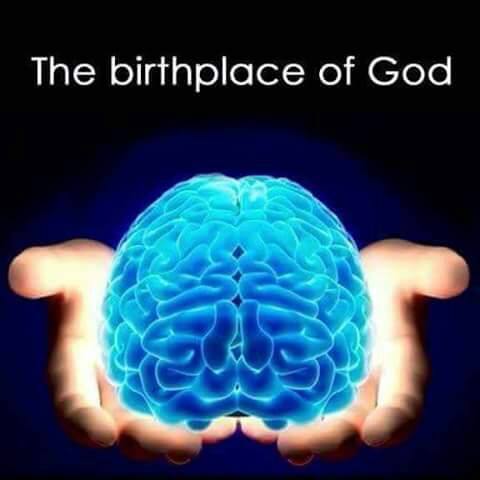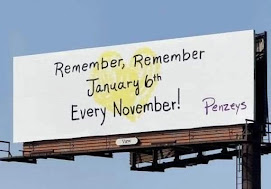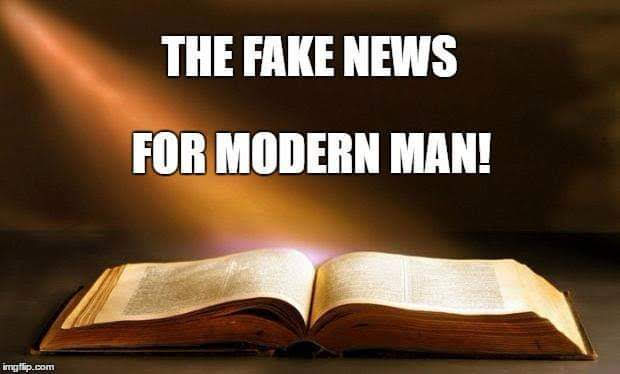H.L. Mencken
On this date in 1880, America's most prominent journalist, H.L. (Henry Louis) Mencken, was born in Baltimore. Although his father was agnostic, his Lutheran mother sent him to Sunday School, which he later defined as, "A prison in which children do penance for the evil conscience of their parents" (A Mencken Chrestomathy,1949). The cigar-chomping, iconoclastic journalist worked most of his life at the Baltimore Sun, where he began his trademark column, "The Free Lance," in 1911. Mencken also coedited Smart Set magazine (1914-1923) and edited American Mercury magazine (1925-1933). His lifetime production of 28 books included a 6-volume collection of his essays, Prejudices (1919-27), In Defense of Women (1917), Treatise of the Gods (1930), and an autobiographical trilogy, ending with Heathen Days, published as one volume in 1947.
The sardonic critic of the "booboisie," who also coined the term "Boobus americanus," was famed for his coverage of the Scopes Trial in Dayton, Tenn., in 1925. Mencken's many epigrams include: "Faith may be defined briefly as an illogical belief in the occurrence of the improbable" (The New York Times Magazine, Sept. 11, 1955). "The chief contribution of Protestantism to human thought is its massive proof that God is a bore" (Minority Report, 1956). "No one in this world, so far as I know . . . has ever lost money by underestimating the intelligence of the great masses of the plain people" (Notes on Journalism, Chicago Tribune, Sept. 19 1926). "Puritanism - The haunting fear that someone, somewhere may be happy" (A Mencken Chrestomathy, 1949). "Sunday - A day given over by Americans to wishing that they themselves were dead and in Heaven, and that their neighbors were dead and in Hell" (A Book of Burlesques 1916, 1924). "Theology: An effort to explain the unknowable by putting it into terms of the not worth knowing" (A Mencken Chrestomathy, 1949). "The most curious social convention of the great age in which we live is the one to the effect that religious opinions should be respected" (American Mercury, March 1930). D. 1956.
I believe that religion, generally speaking, has been a curse to mankind--that its modest and greatly overestimated services on the ethical side have been more than overcome by the damage it has done to clear and honest thinking.— Mencken's Creed, cited by George Seldes in Great Thoughts
I believe that no discovery of fact, however trivial, can be wholly useless to the race, and that no trumpeting of falsehood, however virtuous in intent, can be anything but vicious. . .
I believe that the evidence for immortality is no better than the evidence of witches, and deserves no more respect.
I believe in the complete freedom of thought and speech . . .
I believe in the capacity of man to conquer his world, and to find out what it is made of, and how it is run.
I believe in the reality of progress.
But the whole thing, after all, may be put very simply. I believe that it is better to tell the truth than to lie. I believe that it is better to be free than to be a slave. And I believe that it is better to know than be ignorant.


























No comments:
Post a Comment